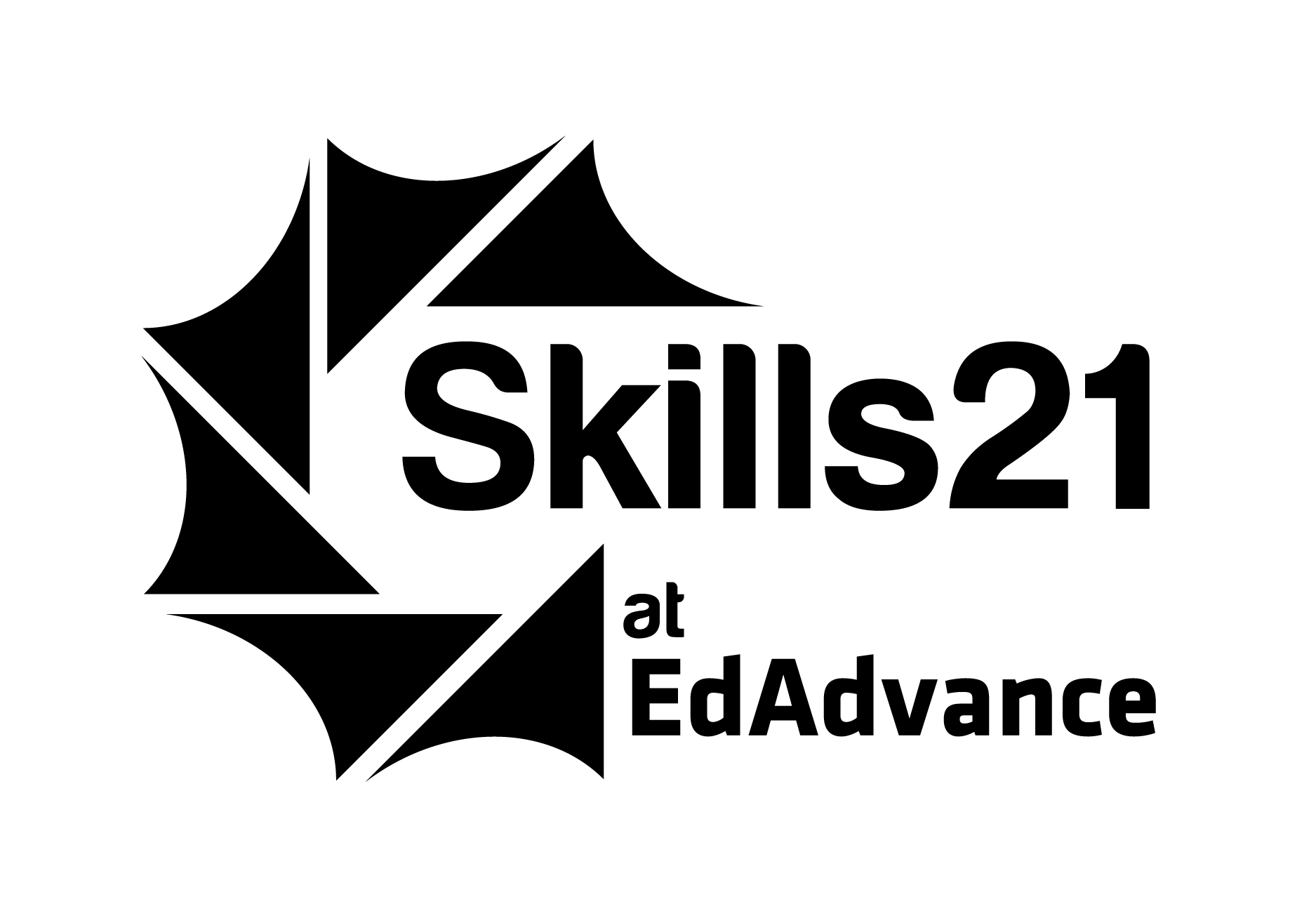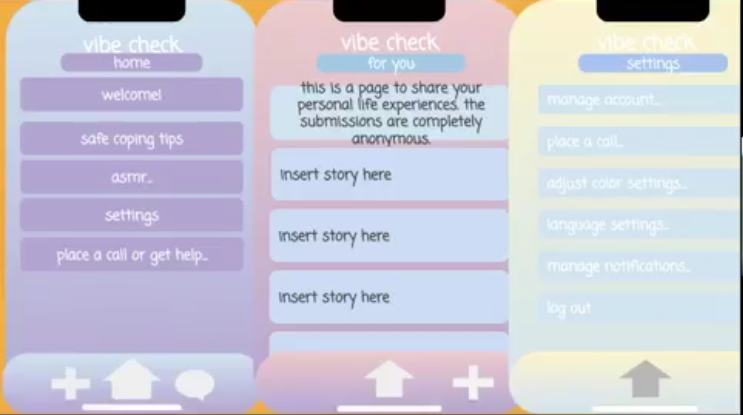Written Documentation

Written Documentation #2
Our next task was to make a pitch. We were going to present it to the class and compete in order to decide which project idea would go on to be pursued as the final project. Our pitch was strong, and it went on to be in the final two. However, Scratch and Clean won instead. As a class, we tried to work with it, but after many counterclaims and deeper thinking and research, we came to the conclusion that there was a very slim chance of it working out. We then spent a few days going back and forth and bouncing ideas off of each other for what we could do. In the end, by a very close vote, we decided to move on with VibeCheck rather than Scratch and Clean.

Written Documentation #3
Things were going quite smoothly for VibeCheck. Preparing for the IBM pitch, the two speakers were working on a slideshow and a script. Others were working on marketing, researching, and more.
Soon after IBM was cancelled, we were out of school. Coronavirus had taken its toll and closed our schools, eventually for the rest of the year. The majority of the class went on to do solo Personal Interest Projects, but a few people stayed on the VibeCheck team. We've taken it to where it is today, and we hope to take it even further.

Concept paper
The problem and boundary we are addressing is the stigma of teen’s mental health. Through a platform teens can access, we want to break through the hesitation of finding help and having a mental illness in general. Our project is a website that allows teens that are having trouble mentally get through COVID-19, Social Distancing, or is just have a hard time coping mentally with an illness. Did you know that 1 in 5 teens between 13-18 have or will develop a mental illness. Also, 7.1 % of children, about 4.4 million, aged 3-17 are diagnosed with anxiety. The reason why our website is different from others is the fact that our app is more relevant than others. This is because our app and the data we use for more direct learning and we also have tons of ways to cope with illnesses.
Attachments

Sources
Our group highly credible sources to complete our research. While COVID-19 we realized very heavily on the cdc.gov website for the newest and most reliable information.
Attachments

Written Documentation #1
When VibeCheck was first thought of, we were in the ideation phase of our Capstone class. At first, it was a small group, but it later expanded. The original group worked hard, and came up with several names including 'Zen Den', 'Cloudspace', and more, but we finalized the name to be VibeCheck. From there, we did research, creating prototypes of a possible app, and what the app would contain. We eventually made three pages of our prototype: a home page, a 'for you' page, and settings. The home page would be a basic launchpad to get to everything else in the app, including a 'coping methods' page. The 'for you' page would include curated stories from other teens explaining their experiences. These stories would be available for others to read so people would feel less alone in what they're going through. The settings page contains a section to change the colors of the app, a list of helplines for mental health, and more.
